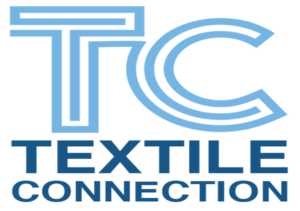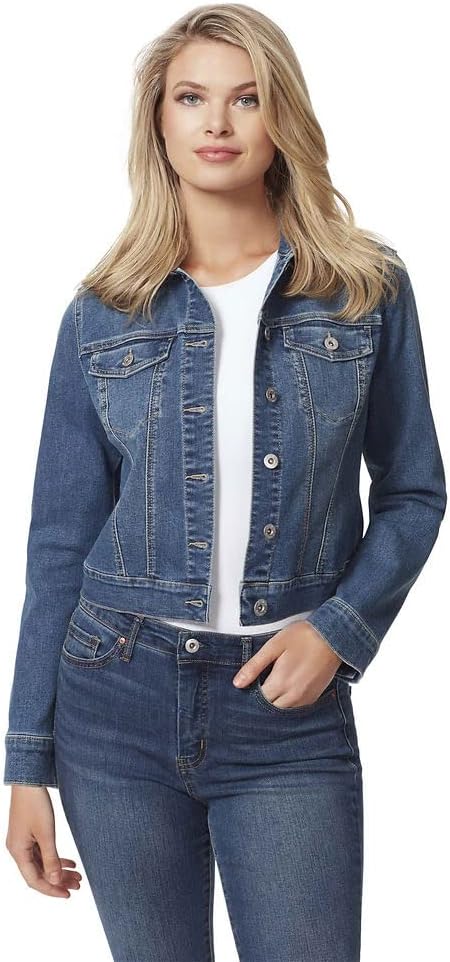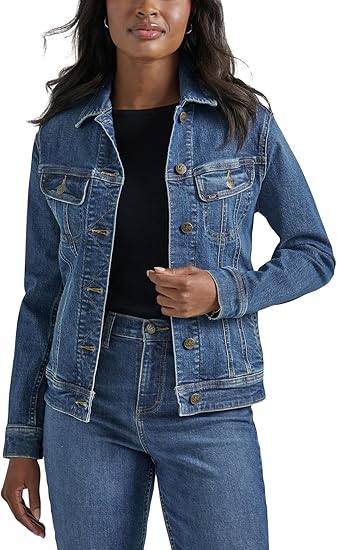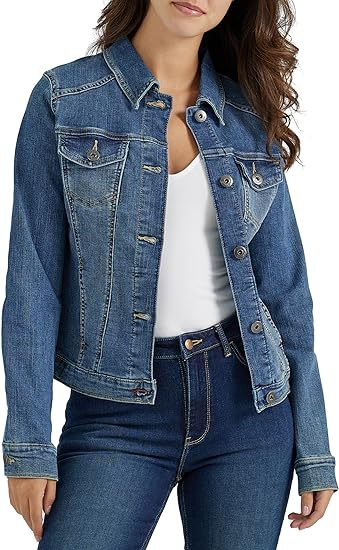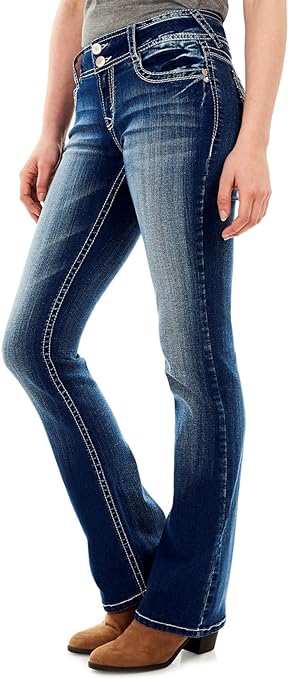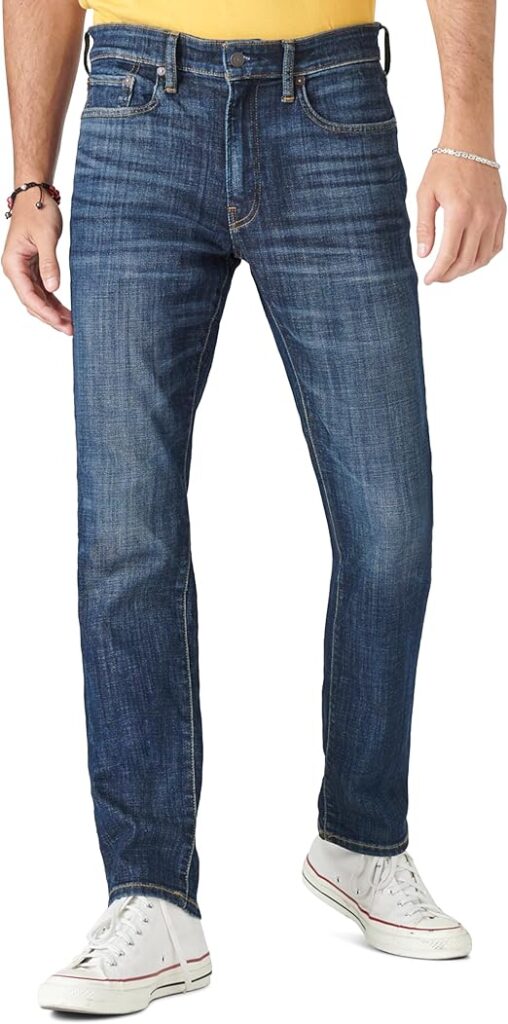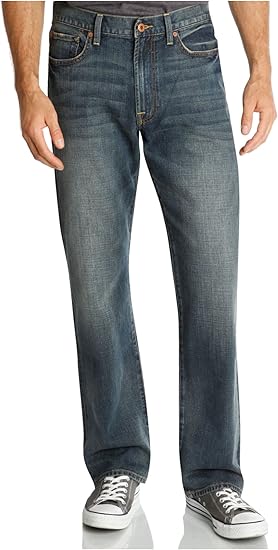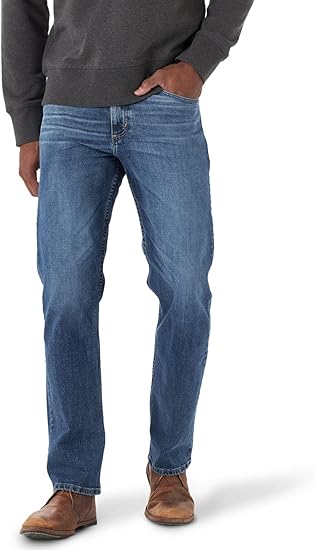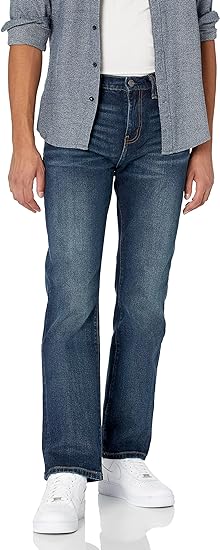Denim Jeans Manufacturer and Supplier
Denim Jeans Manufacturers Sourcing
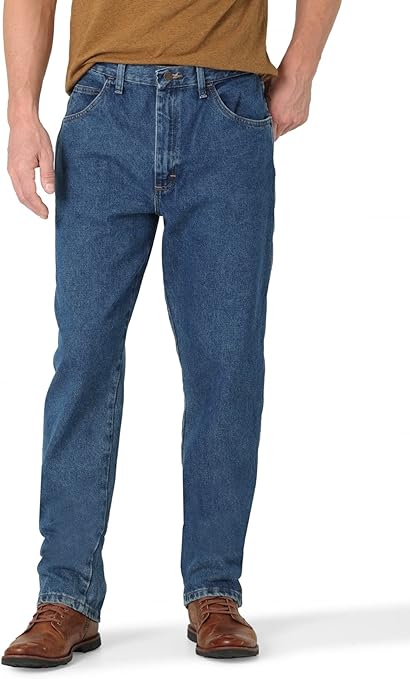
As trusted exporters and suppliers of denim jeans, we collaborate with forward-thinking manufacturers who prioritize quality and have a deep understanding of buyers’ specifications. Our partners are committed to delivering high-standard denim products tailored to market needs.
Denim serves multiple purposes, and the ideal choice depends on the intended application. For instance, stretch denim works well for form-fitting designs, while 100% cotton denim is better suited for relaxed, loose-fitting styles. Since pure cotton denim naturally stretches over time, selecting a stretch-infused variant is recommended for fitted garments.
Cotton-based denim is excellent for staying cool in warm weather, but the fabric weight plays a crucial role. Lightweight denim is ideal for breathable, comfortable clothing and interior applications, whereas heavyweight denim is thick and durable, making it perfect for rugged use.
We prioritize offering competitive pricing that aligns with our customers’ quality expectations. Our goal is to build lasting partnerships within the denim industry, ensuring both value and excellence.
Types of Denim Fabric Used in Manufacturing of Jeans
Denim is a sturdy cotton fabric commonly used in manufacturing jeans. It comes in various forms, each with unique properties and applications. Below are some of the most popular denim fabric types used in making jeans:
1. Raw Denim
Also known as “dry denim,” raw denim has not been washed or processed. Initially stiff and rigid, it softens over time and conforms to the wearer’s body shape.
2. Selvedge Denim
Woven on traditional shuttle looms, selvedge denim has a clean, self-finished edge that prevents fraying and unraveling. Due to its higher quality and labor-intensive production, it is often more expensive.
3. Stretch Denim
This denim contains elastane or spandex, giving it elasticity. It is softer and more flexible, making it ideal for form-fitting jeans.
4. Acid Wash Denim
Treated with chemicals to create a faded or worn-out look, acid wash denim became popular in the 1980s and has since made a comeback.
5. Lightweight Denim
Thinner and more breathable than standard denim, lightweight denim is ideal for warmer climates and a relaxed fit.
6. Coloured Denim
Available in various shades beyond traditional blue, coloured denim offers a stylish way to add variety to your wardrobe.
7. Heavyweight Denim
Thicker and more durable, heavyweight denim is commonly used in workwear and jeans designed to withstand heavy use.
8. Coated Denim
A denim fabric treated with a coating or film to create a shiny or leather-like appearance, popular for modern, sleek designs.
9. Printed Denim
Features patterns or designs printed onto the fabric, adding visual interest and uniqueness to jeans.
10. Bull Denim
Woven with a diagonal twill pattern, bull denim is thicker and more robust, making it ideal for workwear and outdoor clothing.
11. Organic Denim
Made from cotton grown without harmful fertilizers or pesticides, organic denim is a sustainable and eco-friendly option.
Types of Weaving Used for Making Denim Jeans
Denim is woven using a twill weave, which creates diagonal ridges on the fabric’s surface, making it durable and strong.
Common Denim Weaving Types
1. 2×1 Twill Weave
In this weave, two warp threads cross over one weft thread, creating a lighter fabric.
2. 3×1 Twill Weave
Three warp threads cross over one weft thread, resulting in a denser and more durable fabric.
Other Weaving Techniques in Denim
- Satin Weave – Produces a smooth and shiny fabric, ideal for dressier jeans.
- Herringbone Weave – Creates a “V” shaped pattern, commonly used for denim jackets.
- Basket Weave – Produces a textured, breathable fabric, suitable for lightweight denim.
Types of Denim Washes
Denim washes alter the fabric’s color, texture, and overall appearance. The type of wash depends on the desired style.
1. Stone Wash
Pumice stones are used to create a faded, distressed look.
2. Acid Wash
A solution of chlorine and pumice stones is used to create a bleached, vintage effect.
3. Rinse Wash
A simple water wash removes excess dye and softens the fabric, resulting in a clean, dark finish.
4. Enzyme Wash
Uses enzymes to break down the denim fibers, giving it a vintage, worn-out look.
5. Bleach Wash
Bleaching agents lighten the denim for a faded effect.
6. Vintage Wash
A combination of different washing methods (like stone and bleach wash) to achieve an aged appearance.
7. Overdyed Wash
Denim is dyed after processing to create deep, saturated colors.
8. Dirty Wash
Chemicals and abrasives are used to create a “gritty” or “dirty” appearance.
9. Tinted Wash
A tint or hue is added to the denim for a unique colored effect.
10. Whisker Wash
Creates whisker-like creases, especially around the thighs, using sandpaper or lasers.
11. Resin Wash
A resin-like coating is applied to create a stiff, polished finish.
12. Raw Denim (Unwashed)
Denim that has not been washed or treated, allowing it to develop a unique look with wear.
Denim Jeans Styles
Denim jeans come in various styles, each offering a different fit and aesthetic.
1. Straight Leg
A classic cut with a consistent width from hip to ankle, suitable for all body types.
2. Skinny
Tight-fitting and tapered at the ankle, often made with stretch denim for comfort.
3. Bootcut
Features a slight flare at the bottom, designed to be worn with boots.
4. Flared
Wider flare at the bottom, popular in the 1970s and making a fashion comeback.
5. Wide Leg
Loose-fitting with a wide cut from hip to ankle, offering a relaxed and comfortable fit.
Quality Solutions for Every Wardrobe
As a leading wholesaler and exporter of high-quality garments, we understand the unique challenges that arise with different apparel types. Knitted and woven garments need to maintain their shape, resist fraying, and keep vibrant colors. Baby and kids’ garments must be safe, durable, and stain-resistant, while workwear requires high durability, comfort, and compliance with safety standards. We are dedicated to providing superior quality garments that meet the highest standards of safety, durability, and style to satisfy the diverse needs of our global clientele.
Frequently Asked Questions
Yes, exactly. Our target customers include known retail brands which have huge geographical expansion through different stores and online retails. Further, we have wholesalers and importers who deal in bulk quantities and provide distribution to local markets in their respective countries.
We are prominent in sourcing business. As one of the leading suppliers, our customers are widespread across:
US
UK
Germany
France
Spain
Italy
Canada
Netherlands
Australia
Greece
Belgium
Sweden
Poland
… and several more.
The factories and manufacturers we are working with are certified in:
WRAP
BCI
BSCI
SA 8000
SGS
SAI
Organic Exchange
Confidence in Textiles
GOTS
ISO
OEKO TEX
and several others certified.
Indeed. Our main customers for Apparel are based in USA and Canada. Mostly comprise of importers, major brands and wholesalers.
Yes, Textile Connection as a sourcing company works with various certified manufacturers and is committed to working in the region where we cover a vast set of countries in Apparel.
Some of the major importers of Apparel are:
- UK
- Germany
- France
- Italy
- Spain
- Romania
- Greece
- Portugal
- Poland
- Netherlands
- Bulgaria
- Switzerland
- and several others
